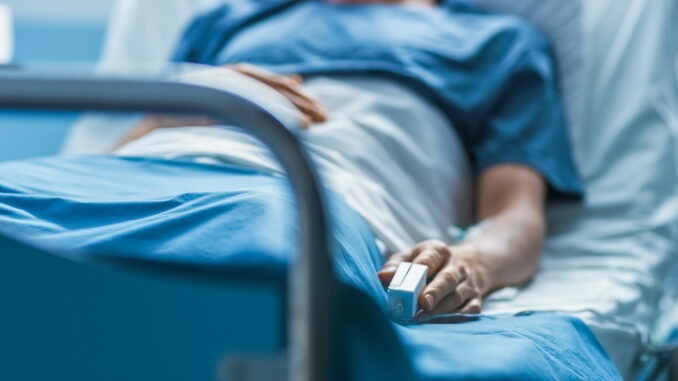
More than eight in 10 GPs fear that extreme pressures on the NHS this winter will prevent people with pancreatic cancer and other less survivable cancers from having lifesaving treatment, according to new polling for Pancreatic Cancer UK
Concern among family doctors is so high that 85 per cent believe pressures on the NHS in the coming months will exceed those seen during the COVID-19 pandemic. In response, leading charity Pancreatic Cancer UK has launched its ‘No Time to Wait’ campaign demanding urgent government action to save lives this winter.
Pancreatic cancer is already a cancer emergency. Almost 60 per cent of people with the disease are being diagnosed in A&E or other emergency care – the highest proportion of any common cancer and far more than breast (3 per cent), prostate (eight per cent) or lung (36 per cent) cancers. Tragically, for most people this means it is too late for them to have lifesaving treatment. More than half of people die within three months of their diagnosis, making pancreatic cancer the quickest killing cancer.
Pancreatic Cancer UK fear that this situation will become even worse and has launched its ‘No Time to Wait’ campaign to demand that urgent action is taken to save lives this winter. The charity is calling on governments across the UK to publish funded cancer plans to deliver faster diagnosis and treatment for people with pancreatic cancer who have no time to wait. It is calling for governments to take action so that everyone with the disease is: diagnosed within 21 days of their referral; offered fast access to treatment and care; and immediately given access to support from a specialist cancer nurse.
The launch of the ‘No Time to Wait’ campaign this November coincides with Pancreatic Cancer Awareness Month. Common symptoms of pancreatic cancer include: indigestion, back or tummy pain, changes to your poo, unexpected weight-loss or loss of appetite, and jaundice (yellow skin or eyes and itchy skin). People experiencing any of these symptoms without knowing why they have them should contact their GP or call NHS 111. Anyone with jaundice should go to their GP or A&E straight away.


Be the first to comment